One huge inevitable part of addiction recovery is encountering addiction triggers. This statement is even accurate for those who have maintained sobriety long-term after addiction treatment. Even though there are numerous ways to handle addiction triggers, healthy coping skills will be essential for overall growth.
The reality is that learning how to navigate triggers and do it effectively require continual commitment. There is dedication towards the sober life you desire and the psychological and emotional well-being that keeps it together. By creating a plan that works best for you and sticking by it, beneficial and futuristic goings will be set.
Even though every addiction trigger isn’t universal, some are still inevitable. Addiction therapists and rehab counsellors offer valuable coping skills for tackling addiction triggers. The most common substance uses temptations, along with how to deal with addiction triggers that jeopardize sobriety will be explored further.
What Are Addiction Triggers?
An addiction trigger refers to anything that can bring up the body sensation, feelings, emotions, temptation, idea, or thought that gives into addiction. It is anything that initiates a severe craving that sparks a repeated pattern of behaviour that leads to relapse. Triggers can be scents, harmful substances, places, people, or anything else that serves as reminders of distracting and intense emotions.
When a person is triggered, he or she is experiencing an emotional reaction to something based on a negative previous experience. Sometimes, triggers don’t have to exist physically but transpire out of the emotion, word, or even behaviour of another person. Triggers are often reminders that put people in places of pain, anger, distress, frustration, and other strong emotions.
Furthermore, in the specific case of addiction and recovery, triggers are often a sort of external or internal stimulus. This stimulus causes the former individual addicted to a substance to have the desire to use it again. Addiction triggers are recognizable by how a person reacts to something, but they don’t always have to do with the addiction.
For instance, triggers might occur when a person remembers an event, or even when an uncomfortable experience happens. The experience might cause a person to break down, cope in unhealthy and dysfunctional ways, or lash out. As a result of that, individuals with unaddressed triggers can cope in detrimental ways, endure much suffering, and foster unhealthy relationships.
Triggers Faced in Recovery
It’s important to note that what triggers a craving for an individual might not be the same trigger that will affect another person. However, the part that individuals in recovery have in common is facing them. What makes this vital is the factor that encountering a trigger invokes and that is stress.
During addiction treatment programs addiction therapy, individuals can feel free to open up and share all of their experiences. These experiences have various stressors that can trigger cravings. For some individuals, these might be emotional triggers faced in recovery.
Other individuals face their addiction triggers physically when they are encountering places, things, or people that remind them of their substance abuse. Regardless of the circumstance, the intense desire to turn back to addiction is a universal understanding among addicted individuals. Even though this doesn’t make it easier, it does mean that you are not alone.
Physical and Emotional Triggers
When you understand that you’re not alone in facing adversity in your addiction, you understand coping mechanisms. Some of the physical triggers that individuals face that are known as external triggers are normally encountered physically. However, this doesn’t always mean that it involves specifically using substances.
For example, if an individual sees a syringe that could act as a very physical trigger. Physical triggers can be a part of a person’s routine such as something that preceded before the addiction or after. Furthermore, a physical trigger can be a car or a type of car that sets off a craving in someone.
Regardless, it’s going to be a challenge to move past former associations, such as doing things or going to certain places. Substance abuse has infiltrated many corners of an individual’s lifestyle. The therapy method, cognitive-behavioural therapy (CBT) is extremely helpful in refining the associations that are made with substance abuse triggers.
With the assistance of a CBT therapist, it is possible to break the strong bond of addiction triggers. After the bond is broken, it is replaced with a healthy and sober bond instead. The other addiction triggers that occur are emotional. Emotional triggers in recovery are considered especially challenging to navigate through and even more difficult to identify. When there are emotional addiction triggers in recovery that haven’t been considered carefully, sobriety can be quickly derailed. It is suggested to use this opportunity to your advantage by discussing addiction triggers that are feelings linked.
Underlying Psychological Triggers That Lead to Substance Abuse
Another essential aspect to consider when coping with addiction triggers is the impact that they have on a person’s mental health. Not only is addiction a psychological illness, but it often ;es closely with others that are masked by withdrawal symptoms. In rehab terminology, this is defined as co-occurring disorders.
When an individual is undiagnosed or mismanages psychological illness such as depression or a substance abuse disorder, trigger one another. For example, feelings of hopelessness and sadness are often seen in those struggling with depression, which can lead to self-medicating. By abusing substances as an attempt to cope, instead of getting help, every illness triggers the other.
External and Internal Triggers
Triggers can be broken down into two cate;ries: external and internal. Both strongly impact the individual feeling the result of the trigger.
The internal and external triggers include:
- Feeling attacked, invalidated, or judged
- Specific places such as streets, cities, homes, and countries
- Feeling misunderstood and unsafe
- Heartbreak, grief, or job loss
- Shame/guilt/regret/anger
- Trauma/PTSD and abuse
- Depression and anxiety
- A loss of control
- Inconsistency
- Fear or stress
The other triggers that individuals might be disrupted by are the following:
- News stories
- Memories
- Aggression
- Conflict
- Smells
- Books
What Causes Addiction Triggers?
Many different circumstances cause addiction triggers. Triggers can be either negative or positive, even though negative triggers have the most harmful effects. There are common triggers that can lead to broken relationships, depression, frustration, isolation, and in other cases, suicide.
Triggers become a problem when they are frequent, and if a person is having difficulties coping because of them. For example, a child that grew up in an abusive household might experience anxiety when individuals fight or argue. Depending on the involvement, the child might lash out as a defence mechanism, distance themself from the conflict, or feel afraid.
Emotions such as guilt, low self-esteem, irritability, and anger can surface when individuals are triggered, spiralling into compulsions and behaviour. The unfortunate part of this all is the nature of mental and emotional triggers can run deep and be traumatizing. Some addiction triggers can push people to adopt unhealthy ways of coping such as the following:
- Harm to others
- Harm to self
- Substance abuse
Ways to Handle Addiction Triggers
There are several ways to handle addiction triggers to cope with addiction triggers that threaten sobriety. The number one way to reduce the intensity of addiction triggers is to better manage all-around stress levels. To master that, a person needs to discover an outlet through which the energy can transfer into.
Many of the most ideal ways to deal with addiction triggers revolve around distracting the mind from the cravings. For example, a few of the healthiest activities used to incorporate into a daily routine to manage addiction triggers are:
- Regularly attending individual therapy during and after treatment
- Participating in a support group or attending group meetings
- Drinking water or tea for hydration and relaxation
- Prioritizing time to make healthy snacks or meals
- Join a gym or participate in a competitive sport
- Reframing negative perceptions or attitudes
- Quality time with positive family and friends
- Quiet time designated for rest
- Using positive distractions like using art, pottery, poetry, journaling, walking, sports, meeting sober friends, yoga etc.
- Mindful meditation
- Using stress thermometer exercise
Committing to an activity doesn’t suggest that every trigger encounter will make you run to the gym. That type of scenario would be considered unrealistic. The main going is to keep a handle on stress.
Whichever way you decide to reduce stress regularly and safely, utilize it as something to look forward to. When people make time to engage in reducing stress regularly by doing what they enjoy doing, it reinforces sobriety. Therefore, any addiction triggers that arise can appear smaller and easier to move past and overcome.
How to Deal with Unexpected Addiction Triggers
No matter how prepared an individual might feel to deal with addiction triggers, it’s difficult to prepare for the unexpected. The unexpected addiction triggers can be the ones you prepared for but arise very suddenly without any warning. Often these types of addiction triggers are considered emotional, but that isn’t always the case.
For example, bumping into a person that you used to do drugs/drink with at the library/store might happen. An individual will need to have an aftercare plan in place that they can rely on. In the best-case scenario, it’s okay to simply excuse yourself and walk away.
Setting Boundaries to Avoid Addiction Triggers
It’s not only crucial to set boundaries with others while in recovery, but to also set them with yourself, regarding exposure to addiction triggers. Navigating through one or two addiction triggers at a time can be possible for many clients. Although at a certain point, it will begin to feel heavy.
It will be essential to ensure that you aren’t handling more than you can manage and have backup plans for overwhelming times. Lastly, you must hold yourself accountable to these guidelines, be kind to yourself, respect yourself, and know your limits. Oftentimes, individuals in recovery set extremely high standards for themselves.
Then when they are unable to maintain their unreasonable standards, they develop a sense of self-defeating internal dialogue. These negative feelings and thoughts can be dangerous emotional triggers that shouldn’t be ignored. There are addiction treatment programs such as (CBT, DBT, REBT etc.) designed to help client manage their negative emotions and addiction triggers.
How does art therapy for addiction recovery work?
Art therapy for addiction recovery can be implemented during all stages of addiction treatment, including detox, rehab and aftercare. One of the great things about art therapy is that it can be customized to each person, making it an amazing treatment option for addiction, as everyone has their own set of underlying causes and addictive triggers.
Some of the benefits of art therapy for substance abuse and behavioural addiction include:
- Learning to manage stress and anxiety in new and effective ways
- Improving confidence and self-esteem
- Understanding and expressing your emotions in a productive way
- Healing from trauma and unpleasant life events
- Forming stronger communication skills
All of these can be hugely beneficial in addiction recovery because they help to reverse the toll that addiction can have on your mental and emotional health. Art therapy can also provide a welcome respite from traditional therapies and help you relax, recharge and feel more grounded both during rehab and after you have returned home, which will reduce your risk of relapse.
As one of our former clients explains:
“I have always found it difficult to express what I am feeling in words. Sometimes my thoughts and emotions became so jumbled; it was impossible to unravel what was going on for me. Through drawing and painting, I have found a way that is safe to express myself. I also enjoy it and find it relaxing. This is something I have continued to practice on leaving the treatment.”
Common art therapy activities for substance abuse and addiction
Art therapy for addiction recovery comes in lots of different shapes and sizes – it all depends on what your recovery goings are and what works best for you. It may be something as easy as freely drawing in a personal journal or may involve creating pieces with specific instructions from your therapist. The art therapy process is always done in collaboration with your therapist, who will guide and support and help you to think about the deeper meaning behind your artwork in relation to your addiction.
Why choose Samarpan?
Samarpan is a specialized international Substance Use Disorder (De-Addiction) and Process Addiction rehab in Pune, India that accepts a maximum of 26 clients. We only accept clients on a voluntary basis and have a highly structured program that encompasses the most effective approaches to Substance Use Disorder and addiction. The facility is set in the rolling hills Mulshi, with clients having either individual or shared rooms, in a modern resort-like facility, staffed by Internationally Accredited Professionals. Samarpan is fully licensed under The MSMHA and is also an accredited ;RSKI-CENAPS Centre of Excellence offering a program from 5 to 13 weeks.
If you or someone you care about is considering treatment for substance use disorder or process addictions, we can help. Contact us now on admissions@samarpan.in or phone/WhatsApp us on +91 81809 19090.
References
https://www.ncbi.nlm.nih.;v/pmc/articles/PMC4553654/
https://www.ncbi.nlm.nih.;v/pmc/articles/PMC7186308/
https://www.mentalhealth.;v/what-to-look-for/mental-health-substance-use-disorders
https://www.libertyhouseclinic.co.uk/addiction-therapies/art-therapy/#:~:text=With%20this%20method%2C%20you%20can,recovery%20that%20you%20are%20having.



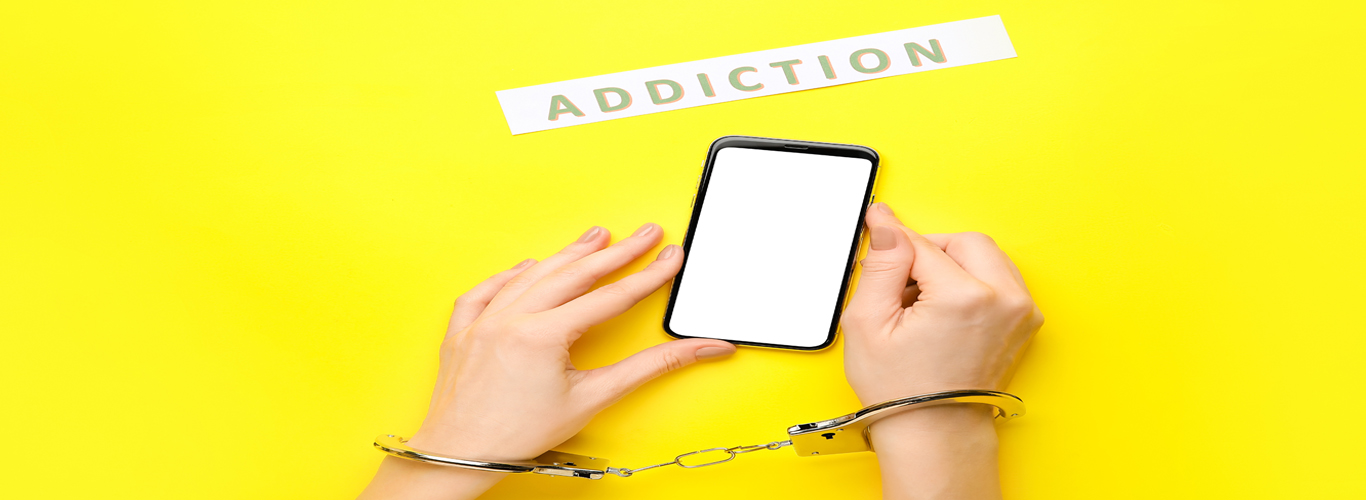












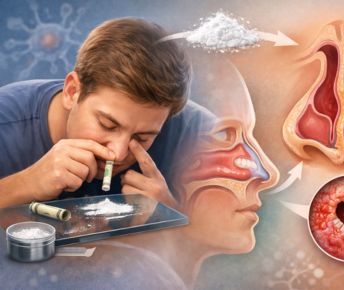
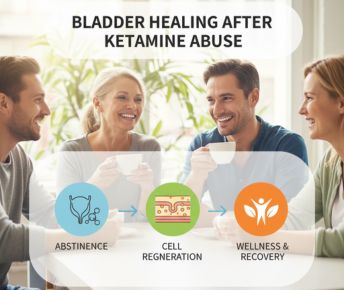

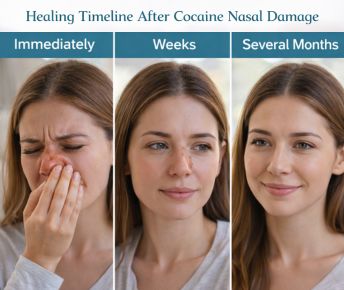


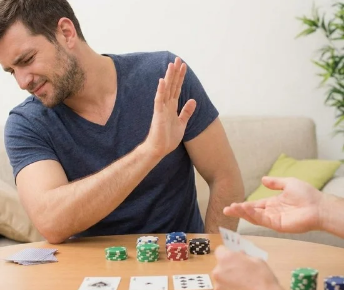

 Yes, many offer serene environments and solid therapeutic frameworks. However, quality varies, so it’s essential to research accreditation, staff credentials, and therapeutic depth.
Yes, many offer serene environments and solid therapeutic frameworks. However, quality varies, so it’s essential to research accreditation, staff credentials, and therapeutic depth.




